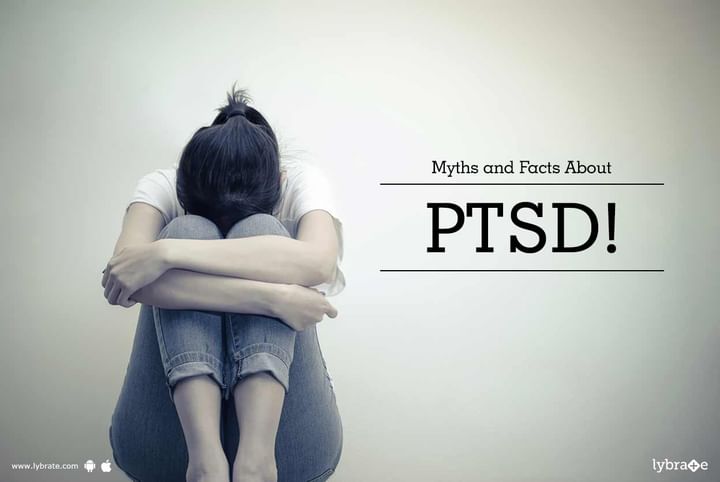Myths and Facts About PTSD!
PTSD or post traumatic stress disorder is a confusion that develops in a few people who have encountered a shocking, unnerving, or dangerous event. It is natural to be scared during and after a traumatic event. Fear triggers numerous brief and instant changes in the body to protect us from the threat or to stay away from it. Here are a few myths and facts about PTSD:
Myth 1: Everyone who has been through a life threatening event will develop PTSD.
Fact: In reality, a great many people who are exposed to such events will not get PTSD in most of the cases, and a lot of them see a decrease in the symptoms gradually over the months or even days. The number of individuals who may be diagnosed after an event that can result in PTSD ranges from under ten percent of people after twelve months of exposure to general trauma. Where as, thirty seven percent of the individuals are exposed to deliberate trauma.
Myth 2: People who are weak, get PTSD.
Fact: It is not clear why a few people get PTSD and others do not. Women are twice as prone to be determined to have it than men are, however, women will probably have numerous mental issues since they will probably look for help, and accordingly get an analysis. Individuals who are presented to interpersonal injury, for example, rape or fighting, will probably have more pronounced PTSD symptoms than survivors of mishaps, accidents or natural disasters.
Myth 3: After a specific measure of time, one should be over the trauma.
Fact: Depending on the nature of the trauma, it might stick around. Furthermore, in some cases, a person may seem to get over it. However, something triggers the recollections and they get tormented by symptoms again. Additionally, as individuals age, the movement that keeps the long-term memory far away from the brain, starts to diminish, exposing the person with seasoned recollections.
Myth 4: The trauma was such a long time ago that it is past the point where it is possible to recover from the trauma.
Fact: The good news is that it is never past the point where it is possible to address your shock or trauma. In fact, most of the patients are middle-aged child sexual abuse survivors. There is a great deal of reasons that somebody would hold back from getting treatment, yet the decades isolating them from their trauma are not an obstruction by any means.
Myth 5: I should have the capacity to handle this myself.
Fact: Frequently it takes more strength to get help than to battle alone, especially for specific events. Cases of individuals who might be particularly hesitant to connect include men who have been conditioned by the society to not express sentiments or show helpless. Marginalised people have a more troublesome time looking for somebody who can relate to them. If you wish to discuss about any specific problem, you can consult a Psychiatrist.



+1.svg)
